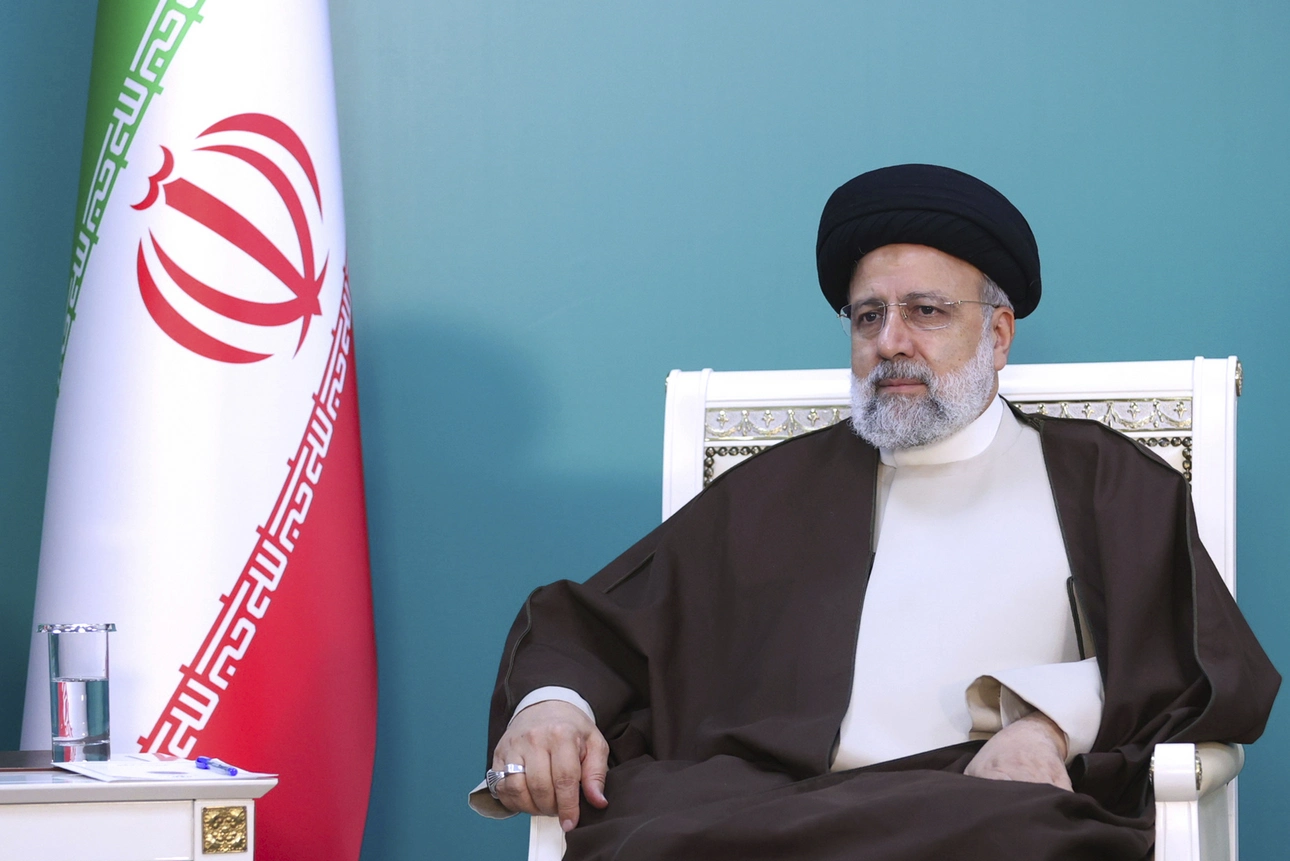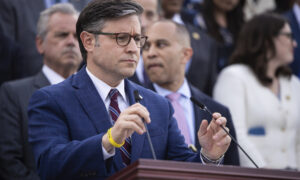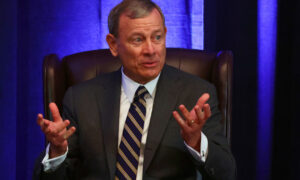The principal claim to fame (or notoriety, depending on your perspective) of Iranian President Ebrahim Raisi was his responsibility in executing 5,000 political prisoners before he triumphed over a weak field in a heavily rigged 2021 election. Following the death of the revolution’s founder, Ayatollah Ruhollah Khomeini, and the conclusion of Iran’s eight-year war with Iraq, the theocratic government launched a campaign of terror against its citizens in 1988, including that mass murder. Although Raisi’s demise may bring solace to his numerous victims, the oppressive government he establishes will endure long after his death.
The fact that Raisi, who was 63 years old when he died in a helicopter crash on Sunday, left behind yet another battle that his dictatorship fueled and another impending change in leadership seems fitting. To ensure the continuation of the revolutionary endeavor until the highly expected succession of its present supreme leader, Ayatollah Ali Khamenei, Raisi’s ascent was designed, similar to the executions he expedited in the early decades of the revolution. The elderly members of Iran’s theocracy will have to wing it after the shocking death of Raisi, which comes at a dangerous time for them both domestically and regionally. The fate of Iran and the entire Middle East hinges on how they handle this obstacle.
Instead of being promoted to the second-highest position in the regime due to his obvious political acumen or magnetic personality, Raisi was promoted because he exhibited the traits most desirable in a late-stage autocracy: unwavering devotion to the ruling elite, a history of unrelenting brutality, and extensive ties to the state’s foundational religious, familial, and security networks. He was an effective agent of the ecclesiastical state’s domestic repression and violence in this regard; he was just a symptom, not the cause.
That is why Iran’s policies are unlikely to undergo any substantial adjustments following his demise. Maybe things have changed because Tehran has shown a huge willingness to take risks in recent years. The regime seemed to put its ideological beliefs ahead of its practical interests, as it nearly went to war with Israel and ruthlessly enforced religious strictures on its dissident citizens. With few people turning out to vote and the country experiencing internal turmoil, Iran’s top officials will be more focused on making sure the country’s transition to a new president goes off without a hitch. Nevertheless, Khamenei and the security services will be fully cognizant of the dangers associated with appearing vulnerable, both from an external and internal political standpoint. Thus, Iran will likely be jittery and quick to react, which might make it more dangerous if it takes itself too seriously.
Generational issues are something that Khamenei, like many other elderly leaders, has to deal with. A number of long-serving members of the establishment, including Ali Larijani and Hassan Rouhani, the former speaker of parliament and president, have been aggressively removed from office by him. His decisions and even his decrees were occasionally challenged by these guys. In the end, it was their fault for negotiating a weapons control deal with the nefarious Americans that had minimal monetary benefits. The administration of former president Donald Trump then reimposed all penalties and annulled the pact. The crucial point of Iranian politics was thus undermined by Washington.
As one of Iran’s numerous contradictions, Khamenei discovers he has more traits with the younger wave of conservatives than with his peers from his own age. People from more conventional backgrounds, who have strong ties to God and his republic, make up this group. Their education began at schools like Imam Sadiq University, which places a greater emphasis on religious studies than scientific inquiry. They command the Revolutionary Guards Corps and the security services; they are the revolution’s foot troops. The Paydari (Steadfastness) Party is their political organization, and they publish their own news and articles. Even though they tolerated Raisi because of his bloody reputation, they consider most of their elders to be corrupt hangmen from bygone days. They have taken over the legislature and are now targeting the executive branch. Former nuclear negotiator Saeed Jalili and current minister of roads and urban development Mehrdad Bazrpash are two candidates that could be considered suitable presidents for this group. They think the moment has arrived for them.
Constantly hanging over it all is Khamenei’s succession drama. The preservation of the republic’s revolutionary character is as important as its continued existence. Unlike Rouhani, Khamenei wants those who can stand firm against Western commercial temptations and international pressure. He is left with no option but to rely on one of the last factions in his society that maintain faith in God’s cause to run his state. Essentially, the Islamic Republic is being transferred to a group of ideological newcomers who have not yet shown themselves.
The Iranian elite is less easily split by discussions of foreign policy than in the past. It is difficult to deny the astounding success of Iran’s so-called resistance movement. A loose coalition of Iranian militias and proxies has helped crush American forces in Iraq and Afghanistan, shamed Saudi Arabia in Yemen, ensured the continued rule of the Assad family in Syria, and shocked Israel on October 7. This is a form of cheap imperialism.
Before he dies, Khamenei still has the nuclear program to resolve. After all that work by Iran’s scientists and technicians, the country’s nuclear weapons program is likely to be completely detonated. Although the nuclear infrastructure has grown in size and sophistication under Khamenei’s watch, he is still wary of crossing the finish line and setting the bomb off. He will be surrounded by individuals who believe they have nothing to lose in this era of American decline in the Middle East while he thinks about his last and most important decision.
For several reasons, Raisi acted as a figure of transition. For all those who were there when the revolution was born, he was the last breath. A fresh cohort is preparing to take the helm, all under Khamenei’s watchful eye. Plus, they think everything is falling into place for them.









